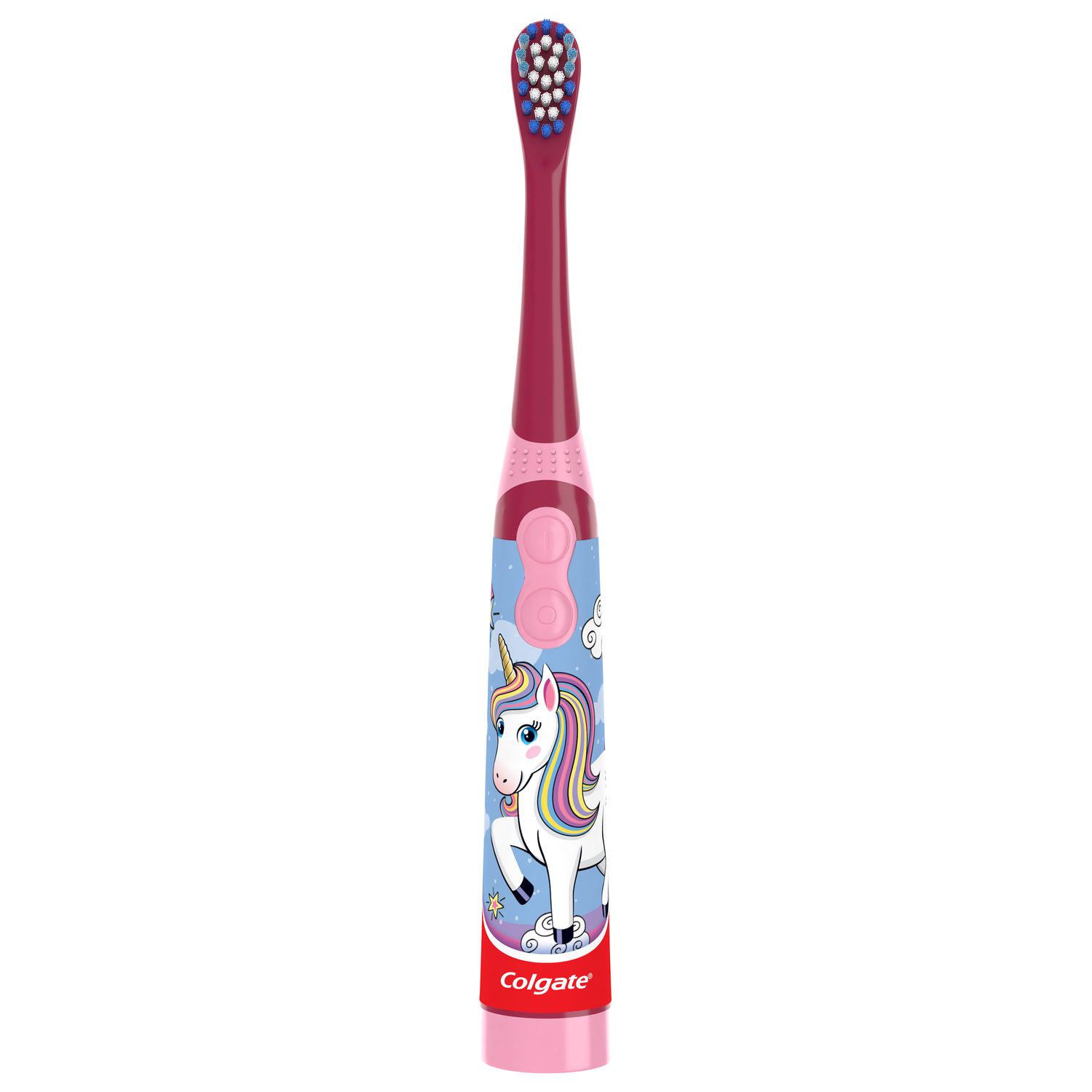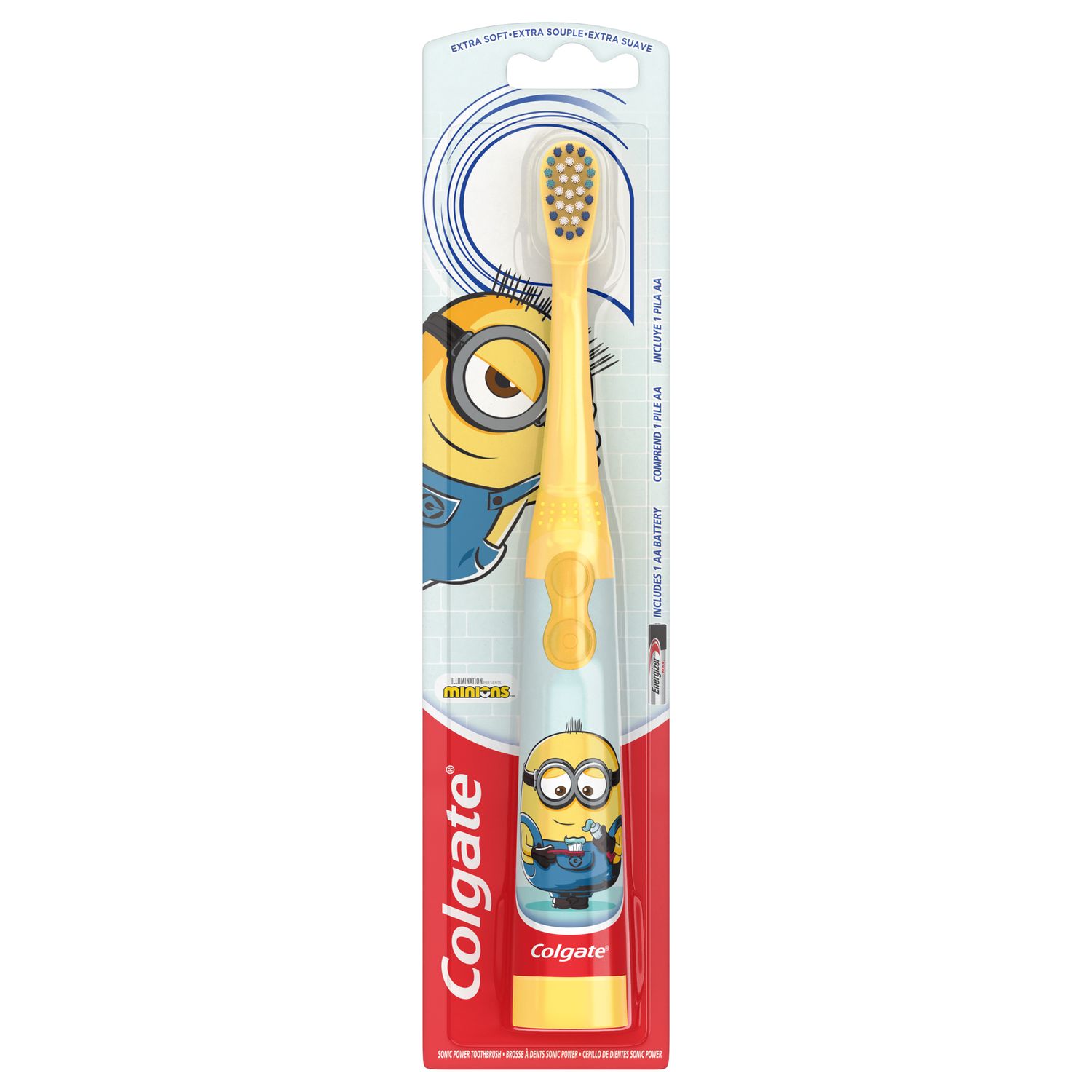Is Breast-Feeding Better Than Bottle-Feeding To Prevent Cavities?
Chances are you've seen parents on both sides of the breast-feeding vs. bottle-feeding debate raging online about what's best for newborns. Every mother's circumstances are unique to their own situation, and it's important that you do the research, speak with your healthcare professional, and make an informed decision about what's best for your child, free from the guilt or shame of online comment threads.
But is there a difference in how breastmilk vs. formula affects your newborn's oral health? Not really. No matter how you're best able to give your little one the nutrients they need, it's important you take the same steps to prevent early childhood cavities (cavities in children under the age of 5):
- Avoid letting your baby hold onto their bottle all day. Cavities form from bacteria on your child's teeth, having consistent access to sugar.
- After your baby feeds, use a wet cloth or gauze to wipe down their teeth or gums. (Don't use fluoridated toothpaste until your child is at least two years old.)
- Avoid overnight feeding. Bringing your baby to bed with you and allowing them to nurse all night or leaving a bottle in their crib can allow milk to "pool" in their mouth and cause acid to form continuously throughout the night. This acid leads to decay.
- The American Dental Association recommends that you encourage your child to drink from a cup by their first birthday.
- Don't dip pacifiers in anything sweet.
- Limit sugary or starchy snacks and drinks.
- Take your baby to a pediatric dentist when their first tooth comes in and no later than their first birthday.
Is It Okay if My Child Sucks Their Thumb?
Thumbsucking is normal for infants, and most stop on their own by age 2.
- If your child sucks his or her thumb beyond age 2, try to discourage it by age 4.
- Thumbsucking beyond age 4 can lead to crooked, crowded teeth and bite problems.
- The American Academy of Pediatric Dentistry notes that your child's pediatric dentist may recommend an appliance to stop thumb sucking after your child is 3 years old. If your child is still sucking their thumb at this age, don't hesitate to call your pediatric dentist for their advice.
Is It Okay for My Baby To Use a Pacifier?
Yes, in fact, it's beneficial for them to use a pacifier as it reduces the risk of Sudden Infant Death Syndrome (SIDS). The Mayo Clinic recommends waiting until your newborn is 3 to 4 weeks old before giving them one. Once you introduce a pacifier to your baby, don't dip it in sugar, honey, or sweetened liquid. Bacteria feed on sugar and causes tooth decay. A couple of other things to keep in mind:
- When your child is about one year old, talk to your healthcare professional about the best time to wean your baby off pacifier use.
- Keep in mind that while a pacifier and thumbsucking create no health difference for your child, a pacifier may be a better choice. You can take away a pacifier as they get older, but you can't take away their thumb!
Learn more about how long a baby should use a pacifier.
What Is the Best Way To Brush My Toddler’s Teeth?
Use a small, soft-bristled brush. Use a circular or wiggling motion on all tooth surfaces, especially where their teeth meet their gumline. Once your toddler can spit out, use a pea-sized amount of fluoride toothpaste on the brush (but not before they're 2 years old).
It's also a good idea to ask their pediatric dentist for guidance when it comes to your kid's oral care. They can show you proper toothbrushing techniques at your next visit. Dental professionals are there to help you and your child work toward a lifetime of good oral health.
Can I Transmit Harmful Bacteria That May Affect My Baby's Teeth?
You can. According to the American Academy of Pediatrics, there are a few different ways your bacteria can affect your newborn's health.
- When you're pregnant, you share blood with your baby. Any oral infections you have can enter your bloodstream and affect your baby's health. That's just another reason it's so important for you to keep your own teeth and gums healthy.
- And now that your baby is born, you can transfer bacteria to your baby as well. For instance, this could happen when you're breastfeeding or when your baby puts their hands in your mouth and then in their own mouth.
Part of ensuring you have a healthy baby is ensuring you take care of your own health, too. Eating a nutritious diet, getting a good amount of exercise, and practicing good oral hygiene is important for both of you.
When Should I Start Using Fluoride Toothpaste for My Child?
Fluoride is good for your teeth. It strengthens enamel and can remineralize weakened enamel, helping to prevent tooth decay. But don't start using fluoridated toothpaste until your child is at least 2 years old. When teeth are forming, the Centers for Disease Control and Prevention (CDC) states that fluoride use can cause fluorosis. Fluorosis can cause spots on teeth, discoloration, and in severe forms, can even create pits in their teeth.
I Use Bottled Water at Home, and It’s Not Fluoridated. Is This Okay?
Most communities fluoridate the tap water at levels that can help prevent tooth decay. If you use bottled water for drinking and cooking, or if your community water is not fluoridated, be sure to tell your doctor or dental professional. They may prescribe fluoride supplements for your baby.
This is an exciting time for you and your newborn to learn and grow together. We hope these answers help answer what you want to know about kids' oral care and set you both up on a journey to a lifetime of good oral health. If you still have any questions, reach out to your pediatric dentist. They will be able to provide you with information that's specific to your newborn's individual needs. Happy brushing!
Oral Care Center articles are reviewed by an oral health medical professional. This information is for educational purposes only. This content is not intended to be a substitute for professional medical advice, diagnosis or treatment. Always seek the advice of your dentist, physician or other qualified healthcare provider.
ORAL HEALTH QUIZ
What's behind your smile?
Take our Oral Health assessment to get the most from your oral care routine
ORAL HEALTH QUIZ
What's behind your smile?
Take our Oral Health assessment to get the most from your oral care routine















